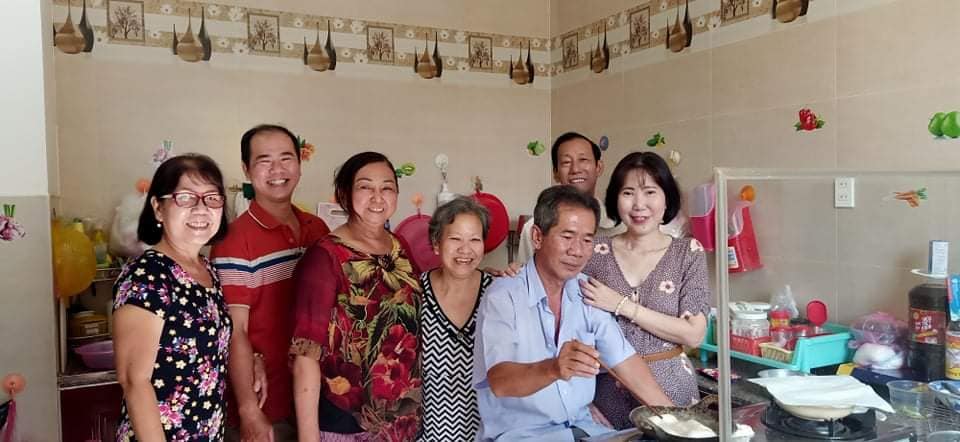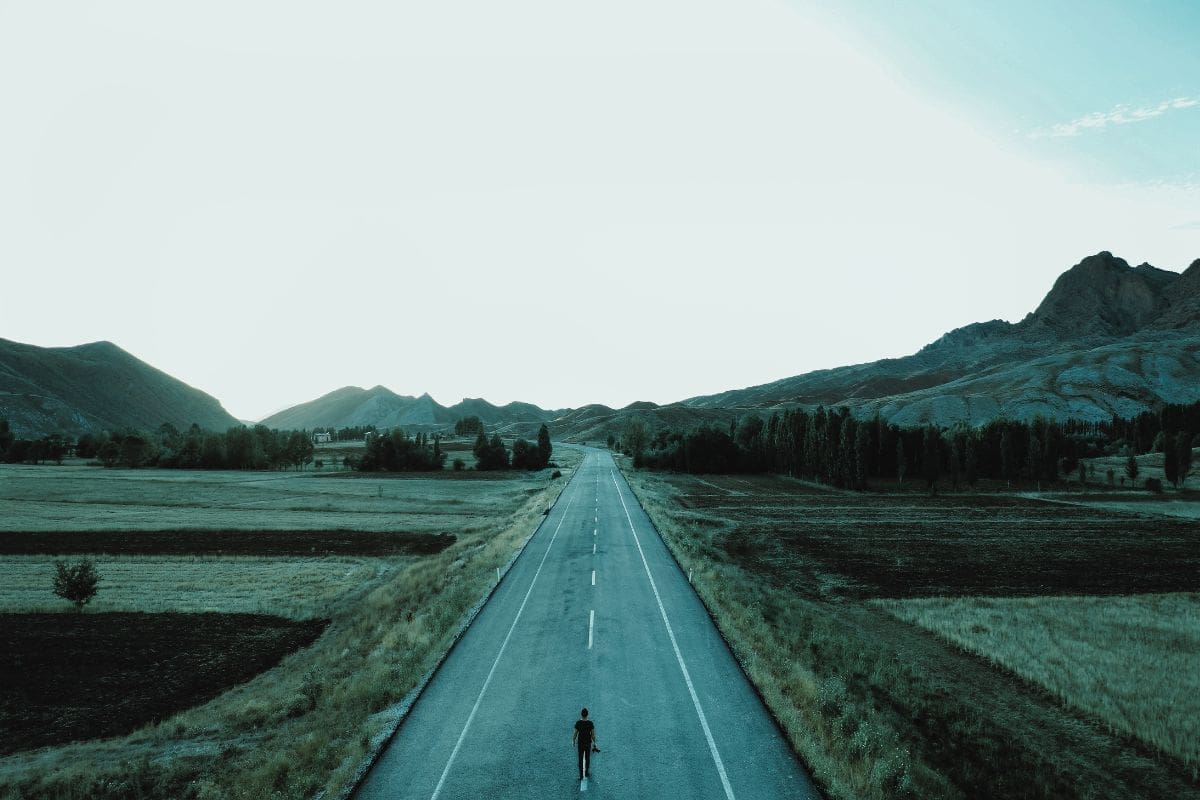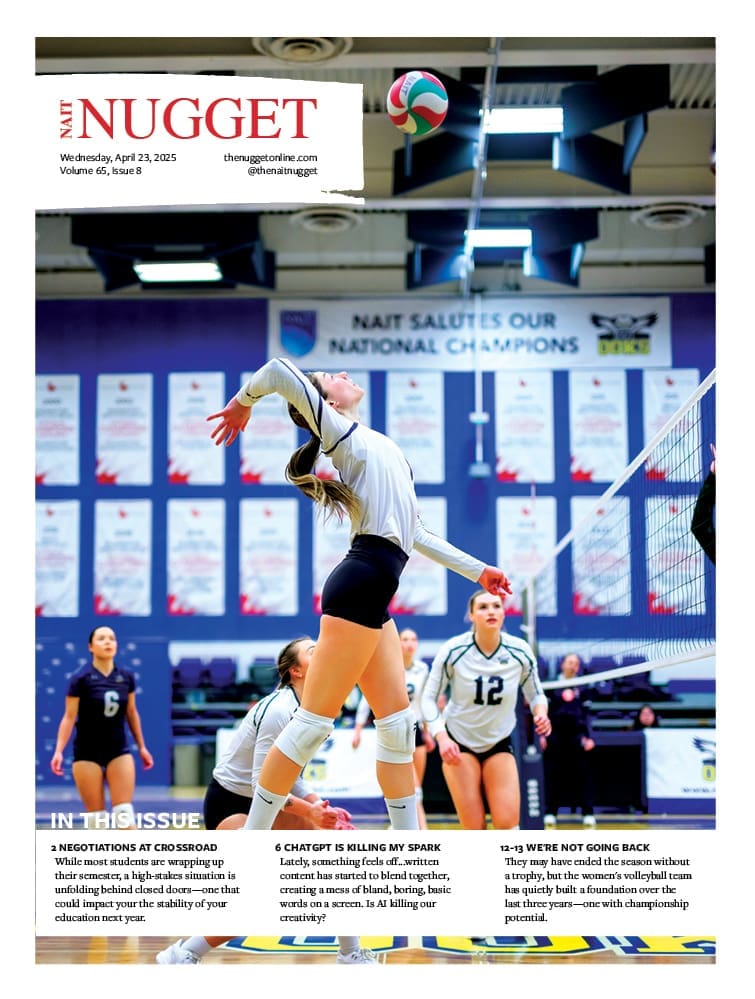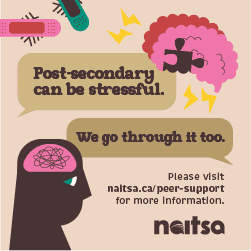Every year, Mom and Dad would take me back home to Vietnam to visit our relatives. For as long as I can remember, I hated returning home. I was accustomed to the Westernized way of life, and to be broken-heartedly honest, Vietnam was no longer my home. All the childhood memories I had as a toddler back “home” have entirely vanished.
During my long summer visits in the inescapable heat of Ho Chi Minh City, my grandma and my mom’s sisters would dote on me—love me. Despite their affection, I could never return this kind of emotion; this intensity. If anything, I felt foreign and desperate to return to my “real” home, Canada.
But now, in my thirties, I often yearn to return home. I yearn to understand my family, our roots and the culture from which I was so eager to escape. Now, when I think of Vietnam, all I want to do is immerse myself in all the delicious delicacies of Vietnamese street food and submerge myself in her vibrant culture.
I long to taste my grandma’s home-cooking—whitefish doused in ridiculous amounts of fish sauce. The same food I was too ashamed to bring with me to school because it was different, and I was terrified to be seen and labelled as different.
I want to hear the hustle and bustle of the busy streets and the people who populate them. I want to go home.
And the more I dream of this, the more I realize that this may not be possible anymore. Time cascades quickly before my eyes as I watch the years pass like sand slipping between my fingers. I desperately try to grasp and hold onto whatever I can—a family recipe, a word in Vietnamese that I had so carelessly forgotten or my grandmother’s doting voice. Anything that would keep me closer or keep me connected, I grasp for in vain. The time that has passed, along with all my memories, are now shadows, and the home I long for no longer exists. The sad truth is time will never wait for you. Not only is it elusive, but it can be so cruel, too.
I often teeter between two cultures—two worlds I don’t seem to fit perfectly into. Like many people of colour, I frequently battle internally with myself, asking the same question repeatedly: “What is my identity?” Oftentimes, the unexpected look I receive when talking to others is a look of astonishment. It is almost as if the perfect English I speak should not be coming from my own person, even though I have lived here all my life.
During my visits back home, I am habitually labelled as “Viet Kieu,” meaning someone who lives abroad, someone who is free from the confines of an oppressive regime, someone who escaped. That is, I am Vietnamese, but not quite Vietnamese enough. So, if that is the case, what is my measure, and who am I?

Growing up visibly different, I had difficulty fitting in with my peers. At school, I always tried to fit in wherever possible, from memorizing every Backstreet Boys lyric to dressing, talking and even eating like the other students.
Oftentimes, I would throw the biggest hissy fits when Mom would pack leftovers for me to take for lunch. Not only was it “not cool,” but the kids who sat with me during lunch would make fun of me.
The kids would pinch their noses, disgusted, and the lunchroom ladies would do the same. I was crushed. Not because they didn’t like my food but because I was, once again, different.
At the end of the school day, I would do the most unthinkable. I would dump my food in the girls’ bathroom garbage to avoid my parents’ questioning. As if being boat people wasn’t enough, now their only child was throwing away food that could feed an entire boat of people. Looking back, I would do anything to taste Mom’s cooking again.
Just like school, home life had its own pressures and expectations. After dinner and completing all my homework, I would be tasked with helping Mom and Dad translate their paperwork and bills while caring for Grandpa. On top of that, Dad was never home, and when he was, he was angry all the time.
Growing up was exhausting, and the possibilities afforded to my peers were dwindling for me. Do you remember the movie The Mask? It was played everywhere during the 90s. It was a movie about being able to transform and be completely different from the self you presented to the world. And despite my difficulties understanding English then, the emotional undertones of the film were clear as day to me. Like in the movie The Mask, I felt I had to change myself and my personality to be what everyone else needed. And I became very good at masking.
You would have never known how broken that child was underneath that smile. It is so hard to live up to an impossible standard that many people, especially people of colour, are still trying to achieve to this day.
Mom would often reiterate the importance of assimilating. On the weekends, she and I would spend hours sitting together while I recited articles from the Edmonton Journal until my English reached her standards of perfection. When I was young, she and Dad would speak Vietnamese to each other privately to avoid influencing my English. But it wasn’t just the language. Mom persistently reminded me the importance of being thankful. “We must be thankful that the people of Canada and Canada itself have accepted us,” she would say. In other words, we are indebted to our saviours. A debt so great that it is impossible to pay back.
For the longest time, I was thankful, and I still am very grateful for the life I’ve had. But as I matured, I often questioned myself, asking how I could be thankful for a country that was involved in the devastation and destruction of my home and the very community that surrounds us to this day. A war so immense that even now, it continues to coexist within us, within me; beyond borders, despite ending decades ago. And why, as people of colour, must we be forced to reconcile our grief behind a mask of gratitude when we have lost so much already?
Dispossession is the culprit that creates a ripple effect throughout generations. To be dispossessed is to have land, culture, language, and other possessions taken away from you, only to have your loss obscured behind a label of acceptance. Dispossession frays and soon destroys the very fabric that holds us together. It creates a layer of silence, a complexity that is not easily defined but felt by those who share the same loss. I know this because this silence is all I feel, reverberating loudly when I look into Mom’s eyes, and now, my own. It is something that is said without needing to say anything at all. A silence so tangible it carries the weight of our ancestors, their traumas and all the pain and hardships passed down from one generation to another, delicately woven and blanketed over me. I shoulder this silence, but so do other people of colour, too.
I still ponder my identity. This thought pops into my mind from time to time, randomly. And my grief swells a little more with the Lunar New Year inching closer. I don’t know if I will ever rediscover my identity. And as members of my family leave me and this world one by one, they take with them their silence—the secrets I will never know or truly understand. But one thing I do know for sure is that I am thankful, although this thankfulness I hold now is on my own terms.






